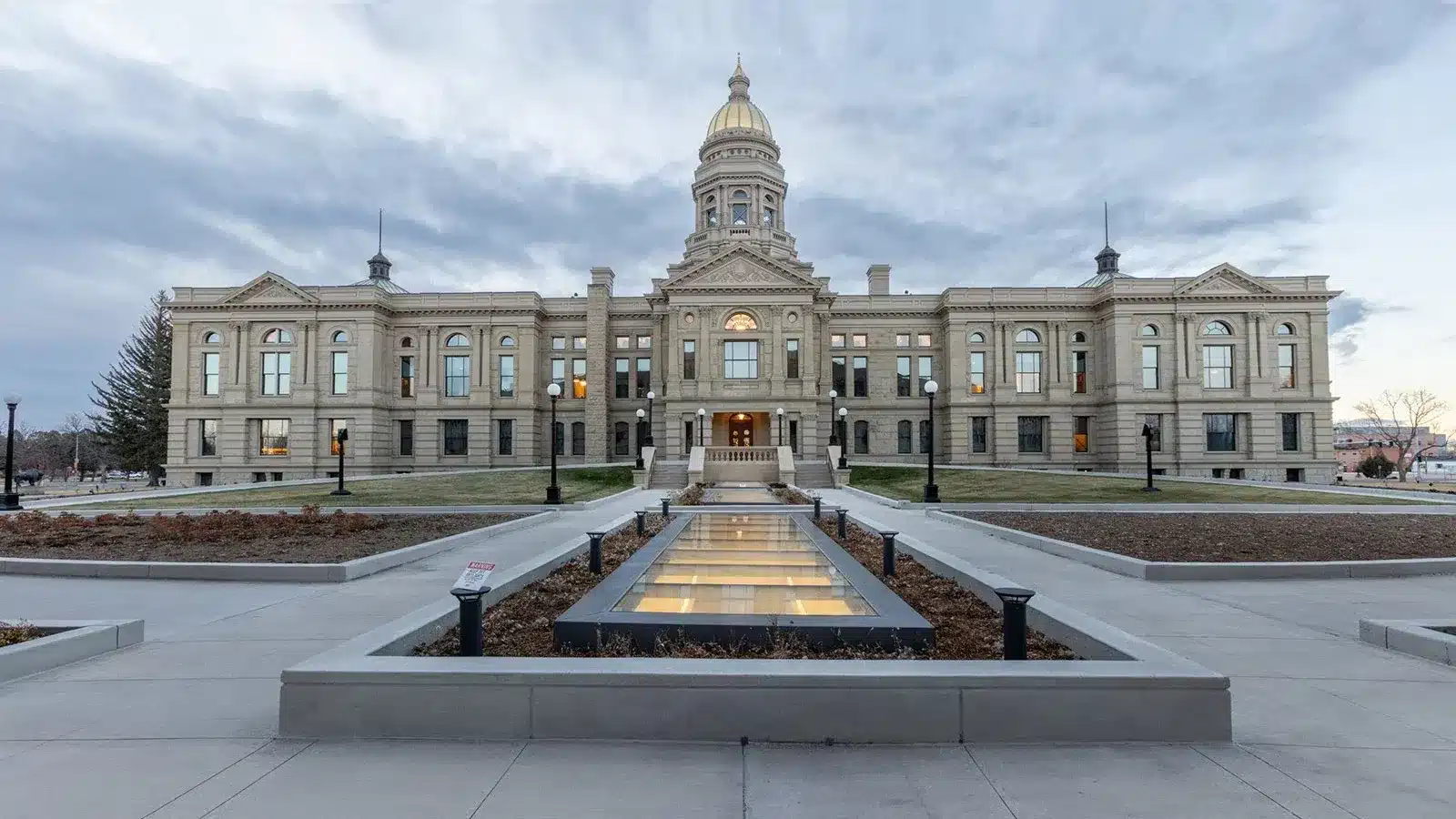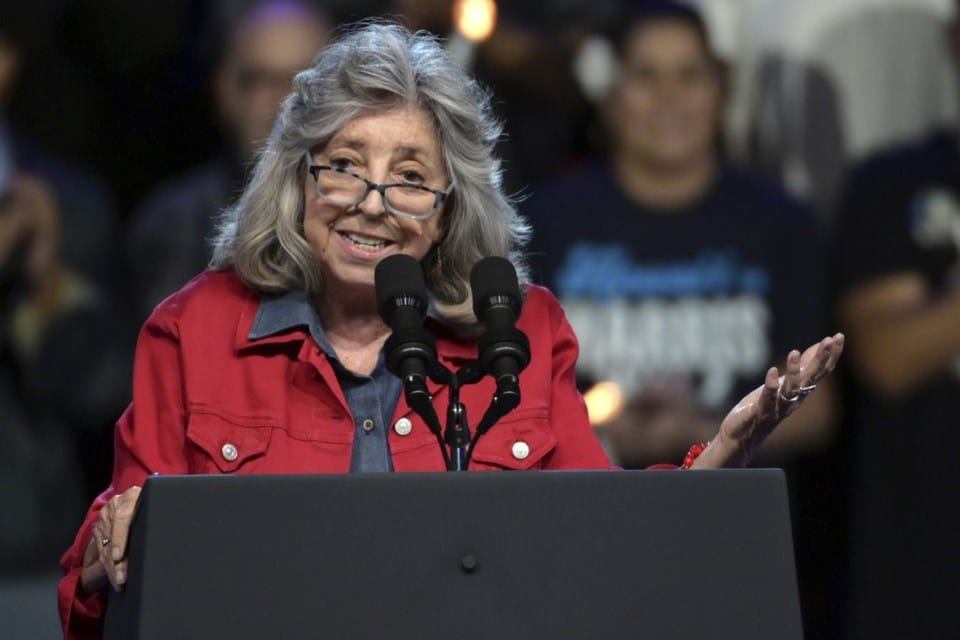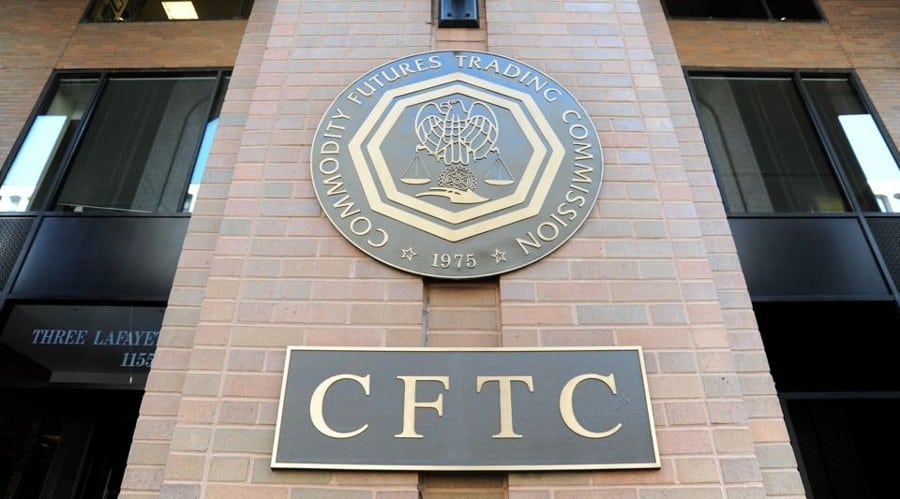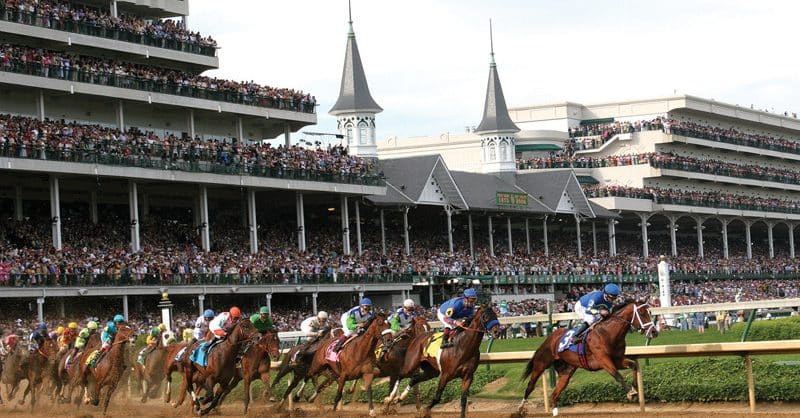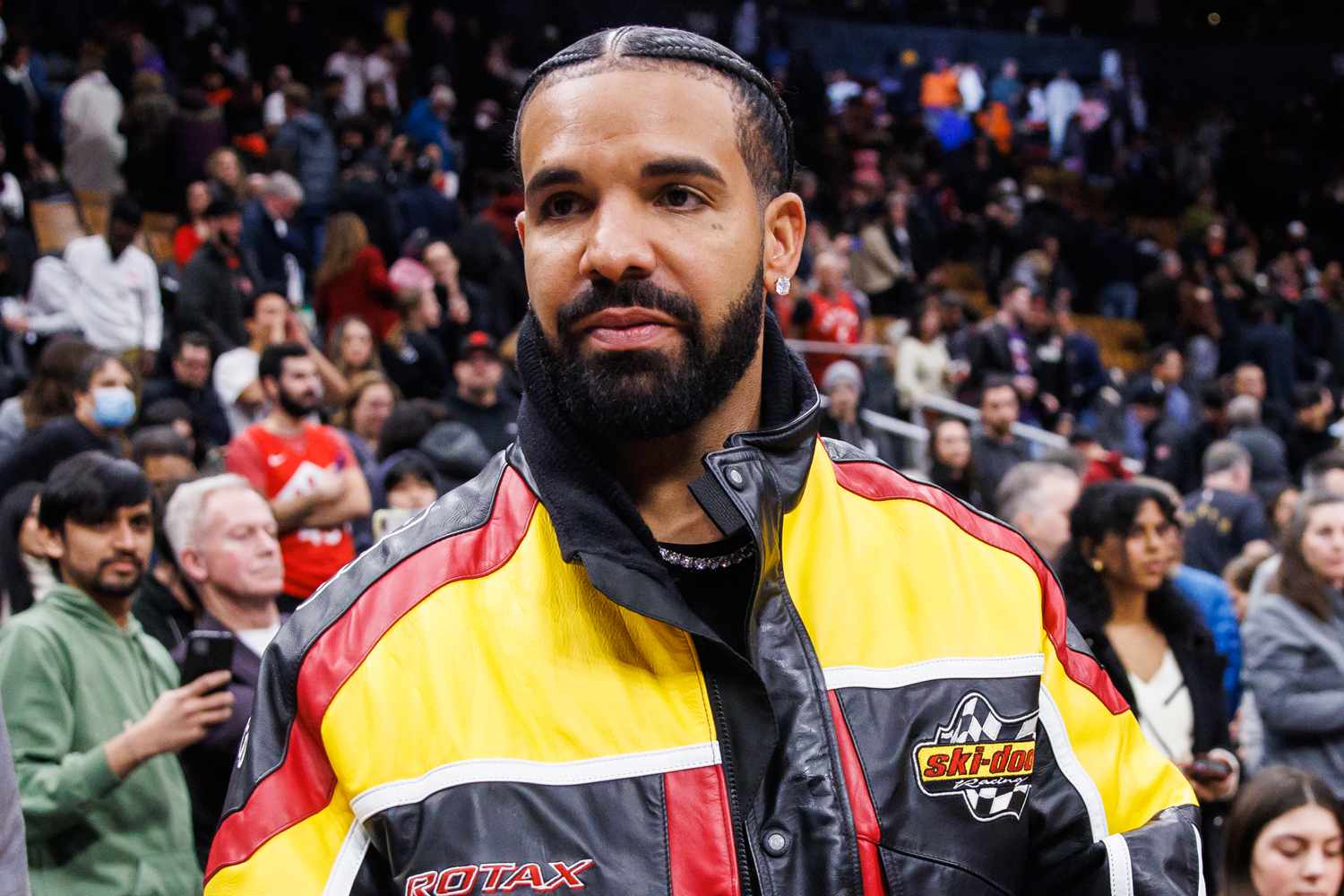
Osage Nation plans to open Pawhuska Casino early next month
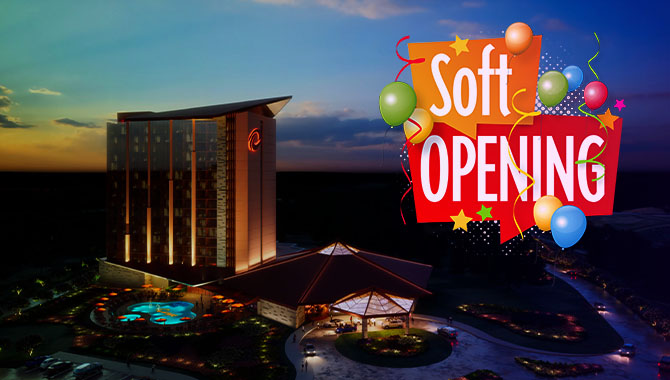
The Chief said the Nation is working to open a Bartlesville casino in the coming months.
The Osage Nation in Oklahoma has projected an October 4 opening date for the new Osage Casino at Pawhuska, according to a local report in the Pawhuska Journal-Capital. The nation’s Chief, Geoffrey Standing Bear, recently discussed the soft opening during a Chamber of Commerce luncheon.
The Osage Nation broke ground on the project more than two years ago and had intended to finish construction by the fall of 2022. However, increased costs and supply chain problems delayed completion.
The casino hotel will offer its guests 47 hotel room, along with gaming options.
Standing Bear shared with those gathered for the luncheon that the nation plans to open another casino-hotel in Bartlesville a couple of months after Pawhuska. He also updated attendees on other projects in the works for the Nation, including a possible outdoor health and recreation park that will be located in downtown Pawhuska.
Standing Bear said the proposed park is still acquiring funds for the estimated $12m project.
In other Oklahoma news, Governor Kevin Stitt recently addressed more than 1,000 residents at a Tulsa Regional Chamber event and continued to speak out against Tribal governments. His remarks stem from a longstanding controversy with the Tribes surrounding the most recent compact renewals.
The dispute between both parties began when the Governor failed to renegotiate the compacts in 2019, claiming voter-approved deals from 2004 had expired. The negotiation pushed for the state to gain larger shares of the Tribes’ gaming revenue.
This resulted in a legal battle, which started after several Tribes, including the Cherokee, Chickasaw, Citizen Potawatomi and Choctaw Nations, sued in Washington’s federal district court because of Stitt’s compacts with the Comanche Nation, the Otoe-Missouria, the Kialegee Tribal Town and the United Keetoowah Band of Cherokee Indians.
A federal judge later automatically renewed the compacts, siding with Tribal leadership. Stitt later hired private law firms in the suit, racking up close to $600,000 in legal fees.
Tags/Keywords
Isabella Santos writes about sports betting through the lens of place. Her coverage focuses on how geography, culture, and market maturity shape the way odds are set and how bettors respond to them across the Americas. Raised in Bogotá in a household where sport was...
Players trust our reporting due to our commitment to unbiased and professional evaluations of the iGaming sector. We track hundreds of platforms and industry updates daily to ensure our news feed and leaderboards reflect the most recent market shifts. With nearly two decades of experience within iGaming, our team provides a wealth of expert knowledge. This long-standing expertise enables us to deliver thorough, reliable news and guidance to our readers.
